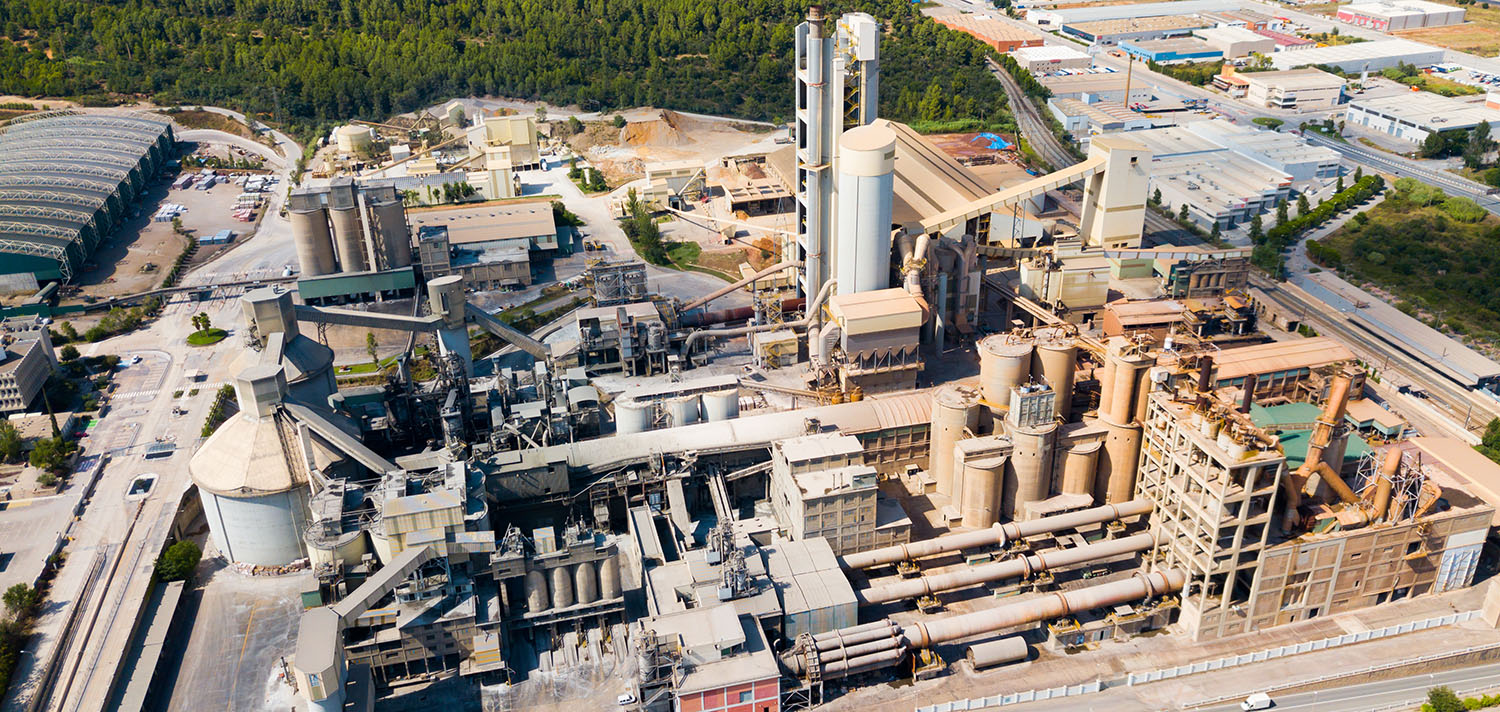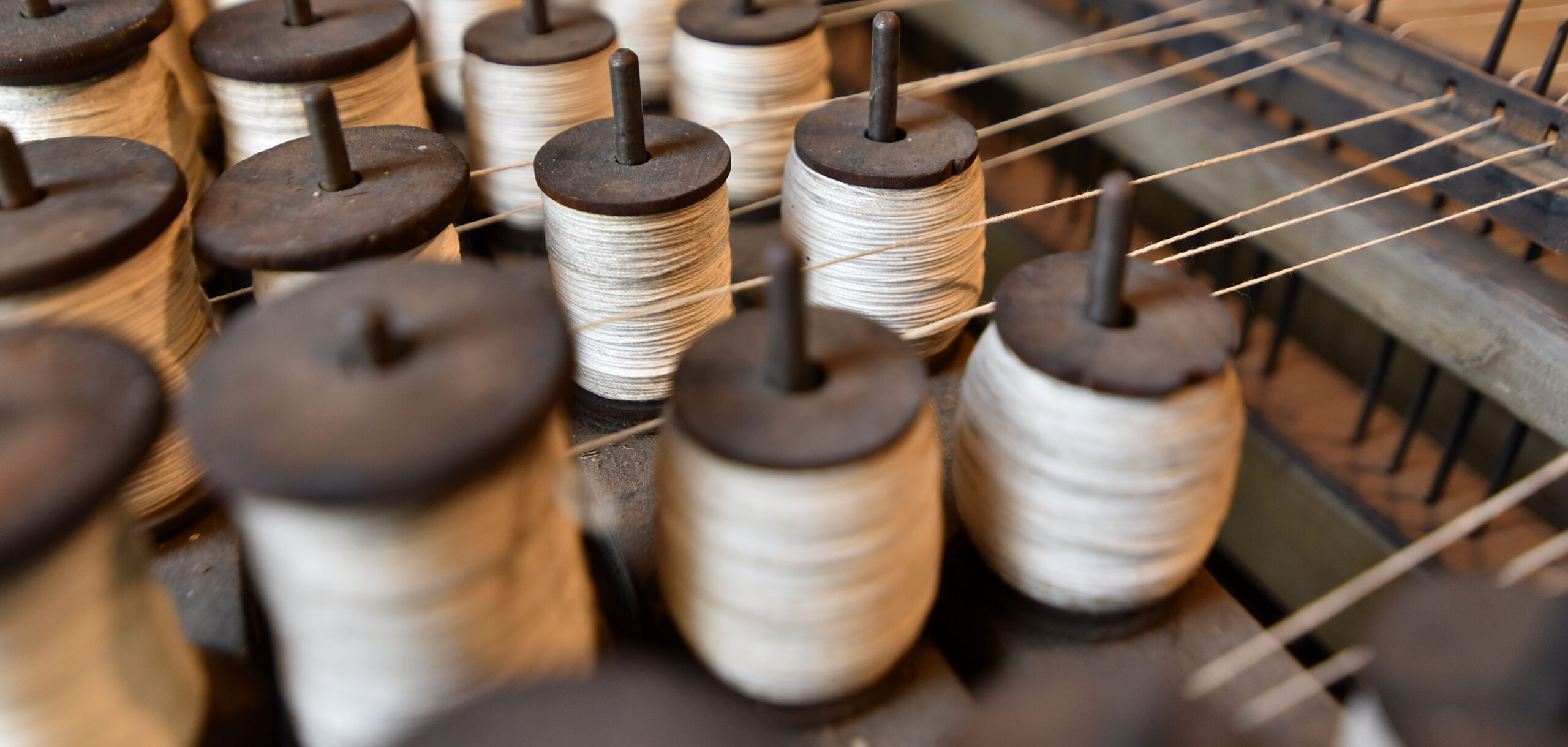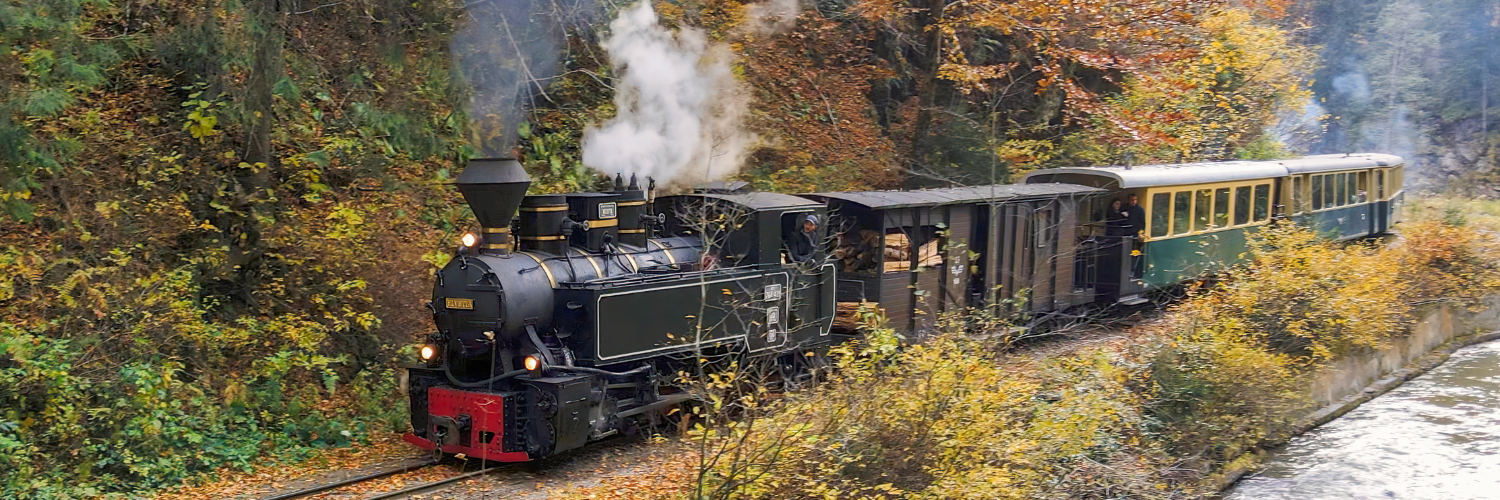

The industrialisation we achieved in a century
The date of 1714 lingers vividly in our memory. Little or much, everyone would know how to explain what it meant to Catalonia. Even so, this dark period in history began to change with the Royal Decree on free trade with America. This regulatory text would be the crack that would lead to industrialisation in our country. We find out about it from agent Oriol Garcia Farré.
After the war of 1714, Catalonia had been banned from direct trade with the American colonies, which meant a brutal impoverishment. From the 1750s onwards, this began to change. The system of privileges of Bourbon trade policy was failing, and the powers that were being forced to introduce new agents to guarantee the viability of trade with America.
Thus, in 1756 the Crown once again allowed ships to leave Catalan ports for the new continent, and in 1778 Carlos III signed the Royal Decree on free trade, putting an end to the monopoly of Cadiz and Seville and once again favouring trade from Catalonia. This marked the beginning of a significant export of agricultural products, such as wine, eau-de-vie, nuts and paper, which allowed Catalonia’s balance of trade to increase spectacularly. This was the true genesis of Catalonia’s industrialisation.
Merchants and Indianos, a chronicle of entrepreneurship
Merchants were the necessary driving force behind the modernisation of the country. The trading companies of the 18th century were the model to be followed for more than a century in organising exports and imports. The cotton trade with the colonies was extremely important for Catalonia to begin a process of mechanisation, which led to the beginning of the industrial revolution.
A few years later, a generation of entrepreneurs would shake up and transform the economic and social structures of Catalonia. The first to do so were Josep Bonaplata, Joan Vilaregut and Joan Rull, all three linked to textile manufacturing. In 1832 they created the first steam-powered textile industry in Spain, the Bonaplata Factory.
The idea was a turning point, the definitive step towards modernity. The technological innovation brought about by mechanisation enabled them to become leaders in their sector and to boost the entire textile industry in Catalonia. The restlessness, transformation and improvement that characterised that era are still in the DNA of Catalan commerce.
Steam, the key to the country’s industrialisation
The economy created by the use of steam made it necessary to move at greater speed. Technological innovation and entrepreneurial spirit had to be accompanied by a new transport system. It was the railway that brought the country’s main textile production centres to the port of Barcelona, thus providing the backbone of the whole territory.
Leave a Reply
You must be logged in to post a comment.








Moltes gràcies!!!!
Gràcies Manel per llegir-nos i per seguir-nos. Ens veiem per La Plaça!
Ok 👍
Moltes gràcies, Josep. Ens veiem a La Plaça!
Gràcies Oriol, escoltant-te cada vegada es tenen més ganes de saber la nostra història. D´aquí uns anys s´explicarà que 11Onze va ser la primera FINCOM del món, fent una revolució. I no per casualitat, no va caure de l’aire del cel.
Totalment, Mercè! La història ens dirà quin lloc ocupem en aquesta. Seguim a La Plaça.
Gràcies Oriol coneixement de l’historia saber d’on venim,que s’ha fet,com s’ha fet
Gràcies, Alícia! Cal saber d’on venim i cap a on amen.
👌
Moltes gràcies, Joan! Ens veiem a La Plaça.